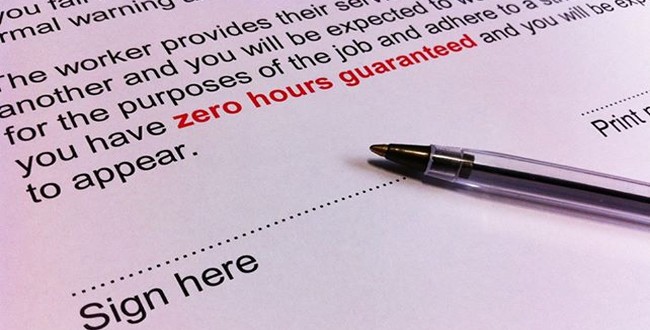
The Politics of Employment Law.
Date: 15/04/2015 | Employment & HR
So what are the various political parties saying about employment tribunal fees in their election manifestos? Well here is our handy guide to what they propose:-
The Conservative Party are proposing no change to the position on employment tribunal fees whereas the Labour Party propose to abolish the employment tribunal fees system in their published manifesto.
The Liberal Democrat Party are proposing to review fees to ensure they are not a barrier to justice which does not go as far as the Labour Party position.
The position of the other parties is as set out below.
| Party | Political Proposal |
| Conservative | No change to employment tribunal fees system. |
| Labour | To abolish the employment tribunal fees system (it is not clear whether this is the same as abolishing employment tribunal fees)? |
| Liberal Democrats | The proposal is to review fees to ensure they are not a barrier to justice. |
| The Green Party | The proposal is to reduce employment tribunal fees to make them accessible to workers. |
| UKIP | Silent. |
| SNP | Silent. |
Employment Tribunal Fees System: Fees were introduced in both the Employment Tribunal (and the Employment Appeal Tribunal) on 29 July 2013. A claimant will need to pay an issue fee in order to raise a tribunal claim and a hearing fee in order to take the matter to a final tribunal hearing.
Some of the other political pledges made by the parties are as follows:
| Party | Political Proposal |
| The Green Party | Some hard hitting proposals to impact and increase pay rates within the UK.
The enforcement of a cap on bankers’ bonuses. To phase in a 35 hour working week and to “end exploitative zero hours contracts”. |
| Conservative | Wish to see further real terms increases in the next parliament in the minimum wage.
A recommendation that the national minimum wage rise to £6.70 this Autumn ending in eventual minimum wage that will be £8.00 by the end of the decade. The Conservative Party makes no proposals on higher pay and working time but does propose to take “further steps to eradicate abuses of workers such as exclusivity and zero hours contracts and exploitation of migrant workers”. |
| Liberal Democrats | A single national minimum wage for 16 to 17 year olds in work and first year apprentices.
They also propose a consultation on executive pay and wish to create a formal right to request a fixed contract given their understanding that flexible employment contracts can work well for employees and businesses. |
| Labour | To improve the link between executive pay and performance by simplifying pay packages.
To increase the national minimum wage to £8.00 per hour by October 2019, to give those who work regular hours for more than 12 weeks the right to a regular contract. |
|
SNP |
To promote the living wage and increase the NMW to £8.70 by 2020.
To tackle unacceptable employment practices. |
In the field of equal opportunity some of the following proposals that have been made are:
| Party | Political Proposal |
| The Green Party | Make equal pay for men and women a reality. |
| Conservative | Will aim to halve the disability employment gap: “we will transform policy, practice and public attitudes to that hundreds and thousands more disabled people who can and want to be in work find employment”. “We want to see full genuine gender equality. The gender pay gap is lowest on record but we want to reduce it further”. |
| Liberal Democrats | Wish to introduce new blank application forms for public sector jobs and wish to ensure swift implementation of the new rules requiring companies with more than 250 employees to publish details of the different pay levels of men and women in their organisation. |
| Labour | Wish to go further in reducing discrimination against women requiring large companies to publish their gender pay gap and will strengthen the law against maternity discrimination. |
| UKIP | Propose that British businesses are allowed to choose to employ British citizens first. |
| SNP | Wish to achieve 50% female representation on public boards by 2020. |
So who will you be voting for?





























